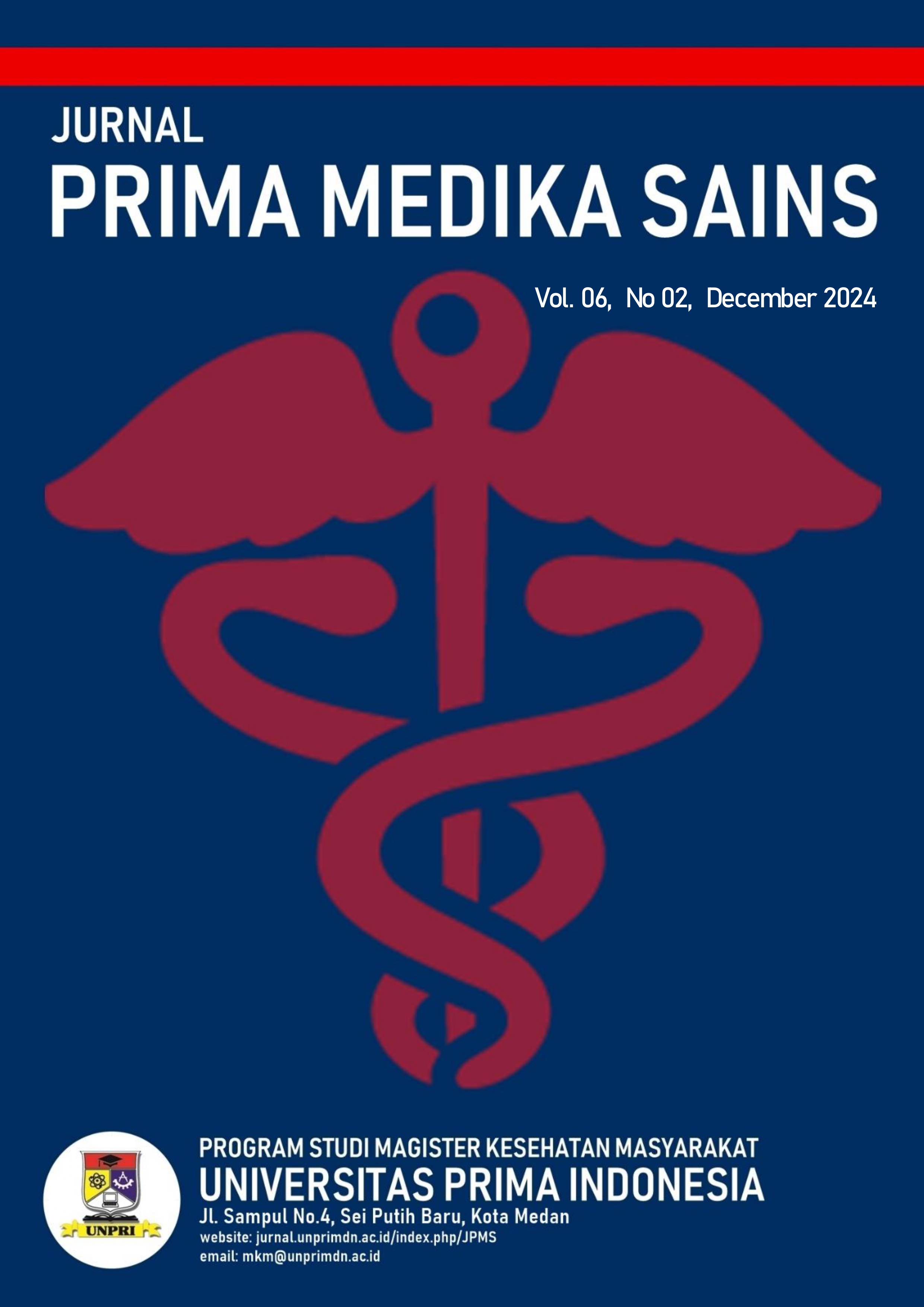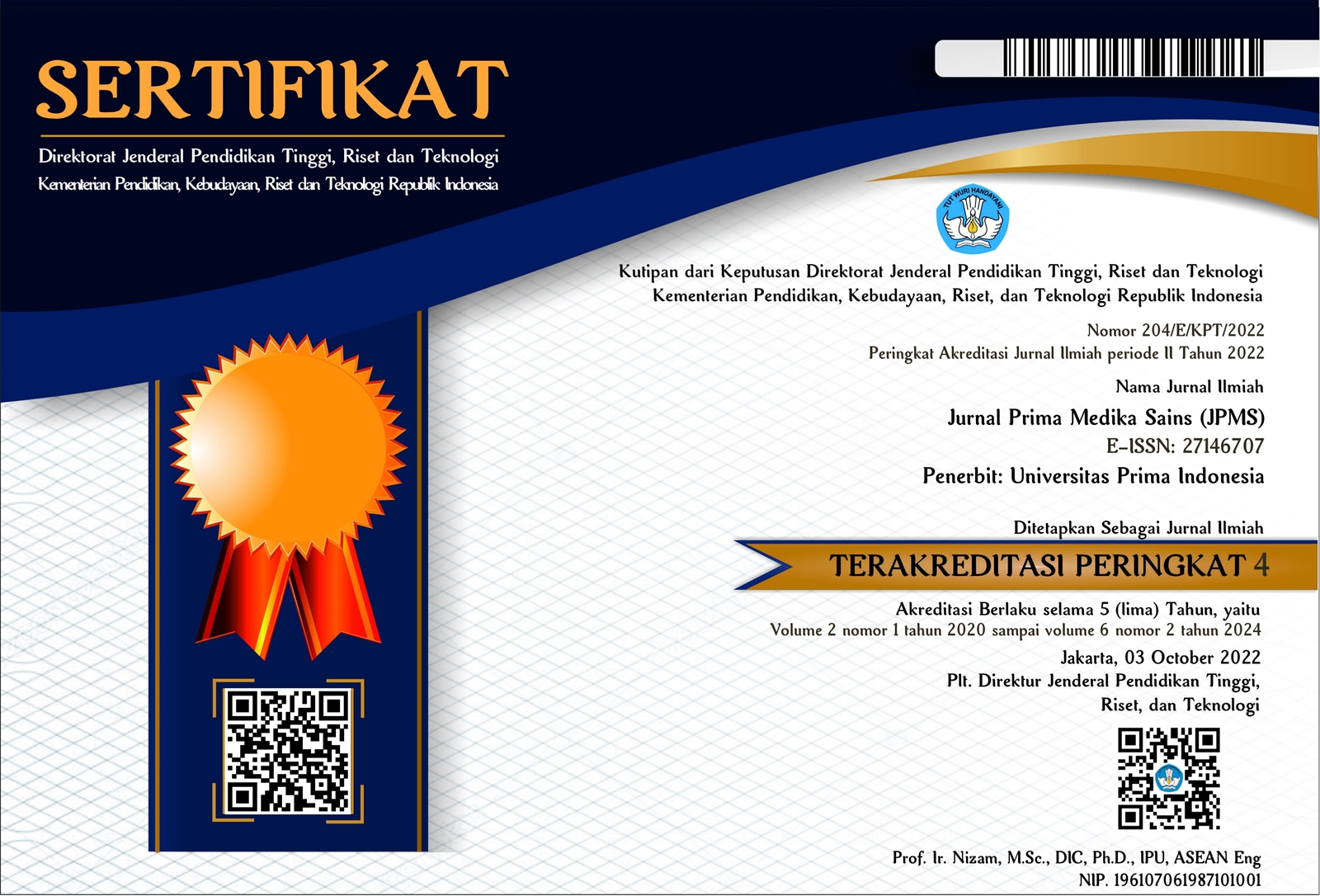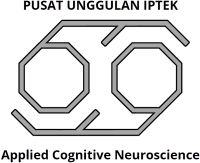Barriers to self-care among diabetes patients: A qualitative study
DOI:
https://doi.org/10.34012/jpms.v6i2.6230Keywords:
type 2 diabetes mellitus, self-care, social-ecological modelAbstract
Diabetes mellitus (DM) is a significant global health issue, with its prevalence continuing to rise in Indonesia. Self-care is a key component in managing DM, yet many patients face various obstacles in its implementation. This study aims to deeply explore the challenges faced by individuals with type 2 diabetes in managing their condition independently. Using a descriptive qualitative approach, the study analyzes the experiences of seven diabetes patients receiving care at Royal Prima Hospital. The social ecological model serves as the analytical framework to identify factors influencing self-care behavior, including individual internal factors, interpersonal relationships, healthcare systems, and the social environment. Data was collected through in-depth interviews and analyzed using thematic content analysis. The findings reveal several barriers to effective self-care in diabetes management. Firstly, at the individual level, a lack of knowledge, limited resources, non-adherence to medication, and financial constraints were major obstacles. Secondly, insufficient social support and misinformation about alternative treatments also influenced patient behavior. Thirdly, at the healthcare service level, long waiting times and inadequate social support were identified as challenges. Lastly, limited accessibility due to transportation issues and community resource constraints further hindered self-care. Patients require comprehensive education, easy access to medical tools, and psychological support to manage their condition effectively. Families and communities must be equipped with accurate knowledge about diabetes and trained to support patients. Healthcare providers should improve service quality by adopting a holistic approach and collaborating with communities to ensure optimal care. With collective efforts, it is hoped that the quality of life for diabetes patients can improve, and complications resulting from the disease can be prevented.
Downloads
Published
How to Cite
Issue
Section
License
Copyright (c) 2024 Odri Angnes, Chrismis Novalinda Ginting, Wienaldi Wienaldi

This work is licensed under a Creative Commons Attribution 4.0 International License.






